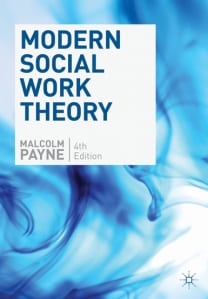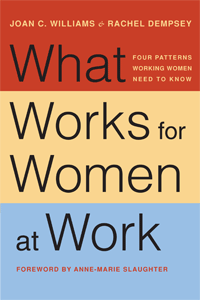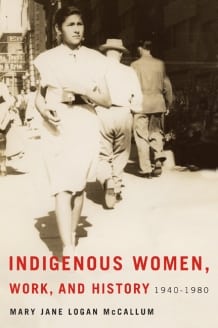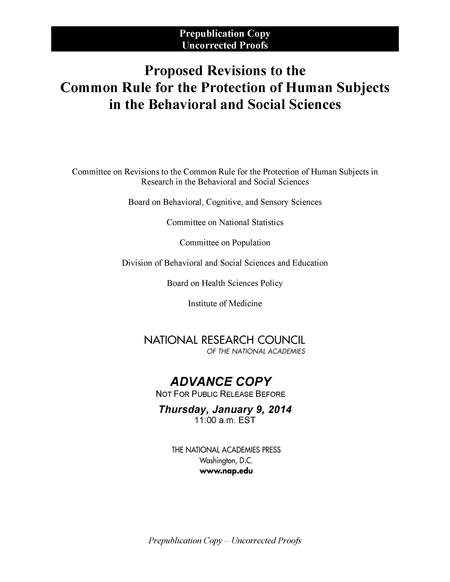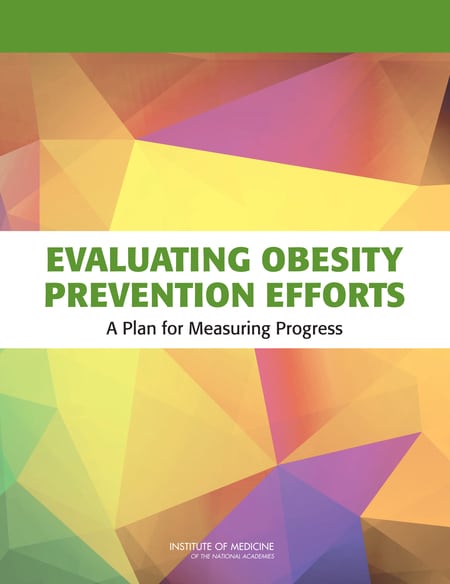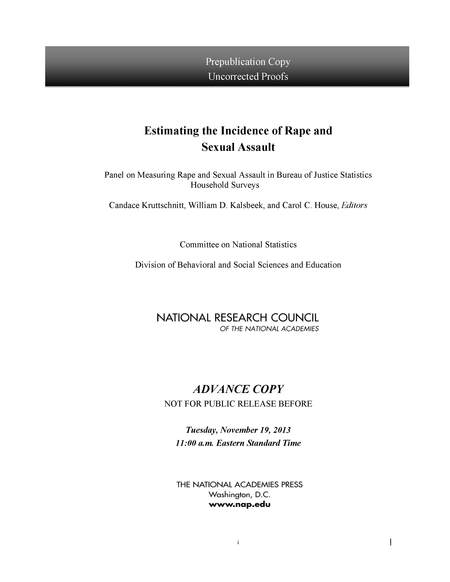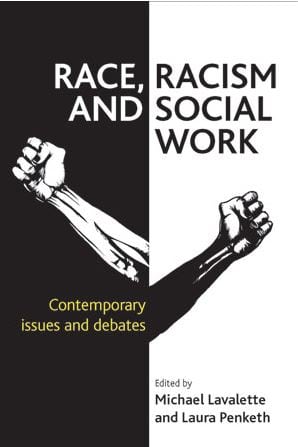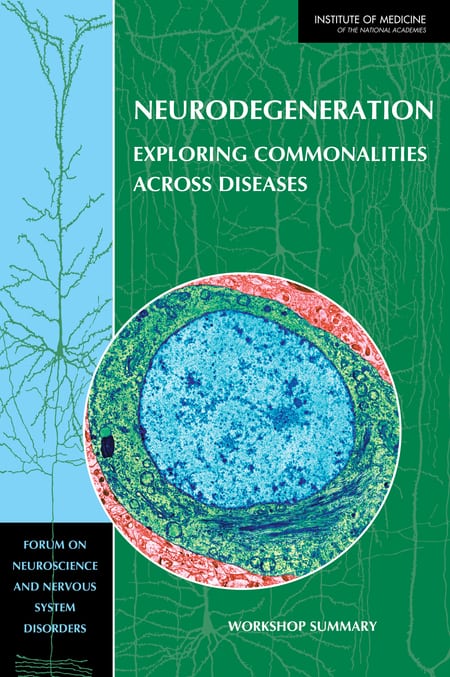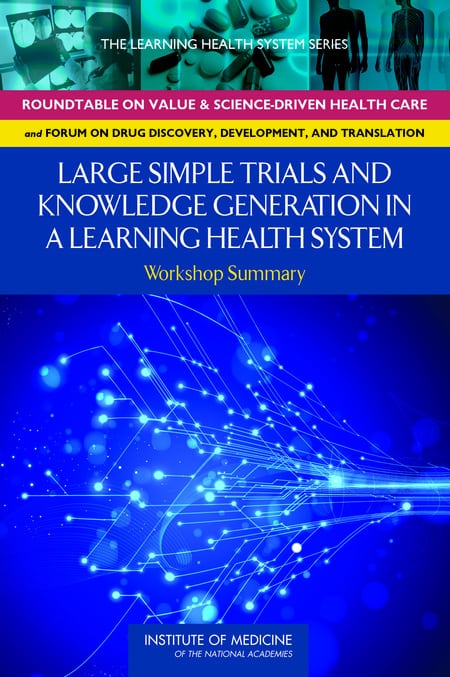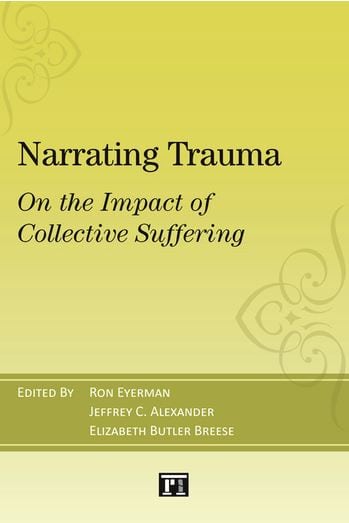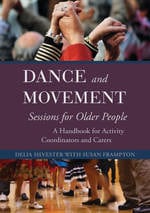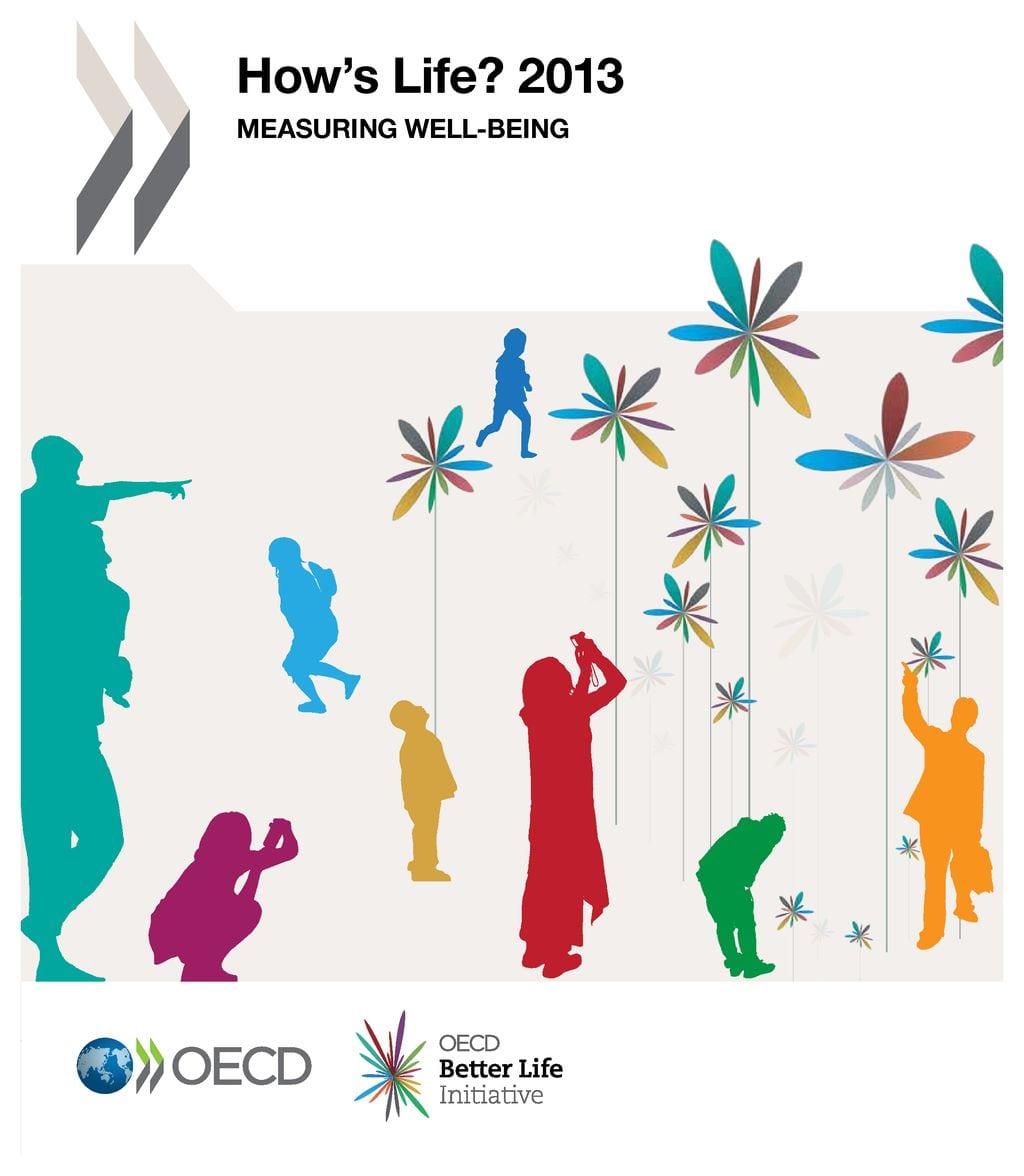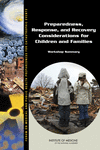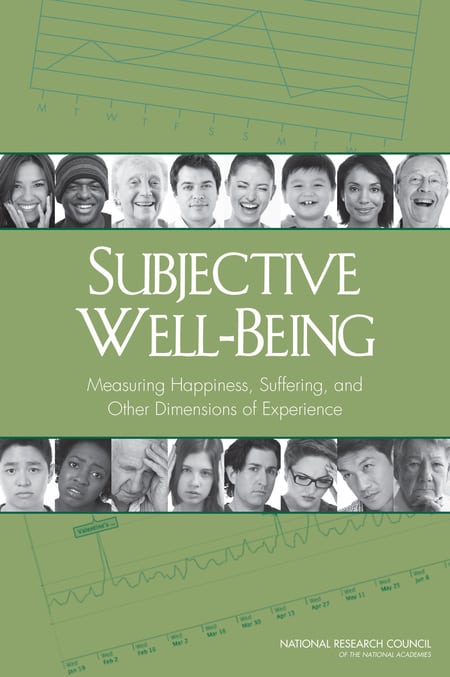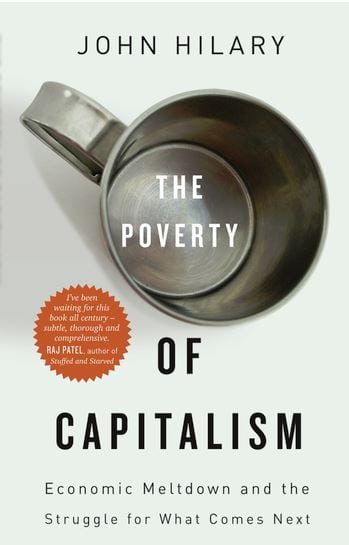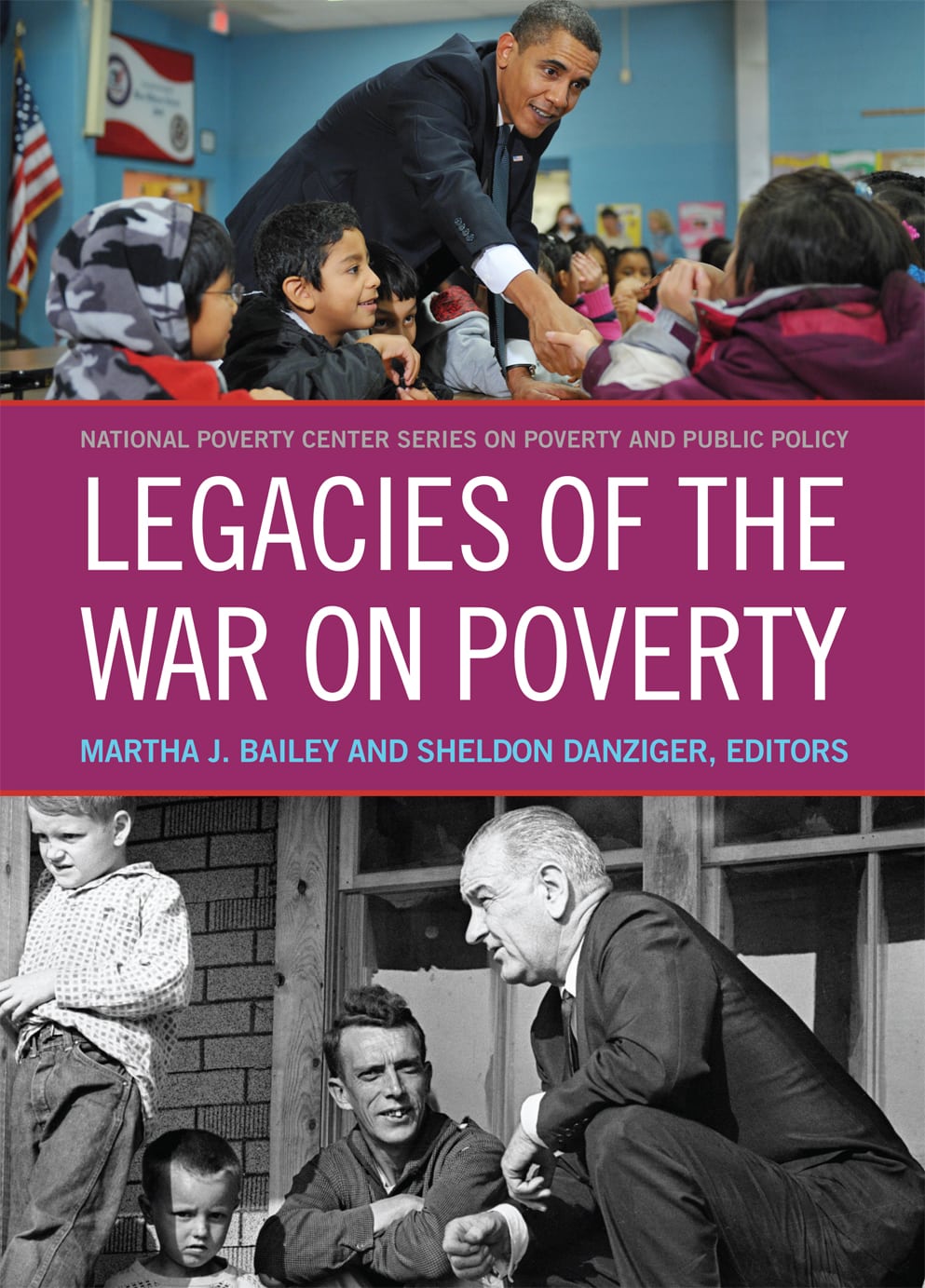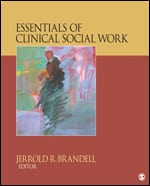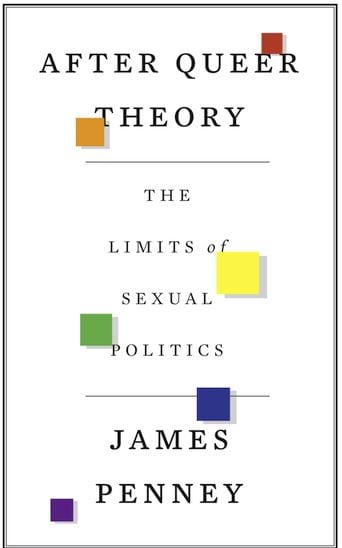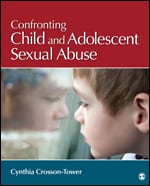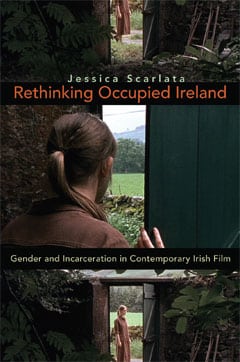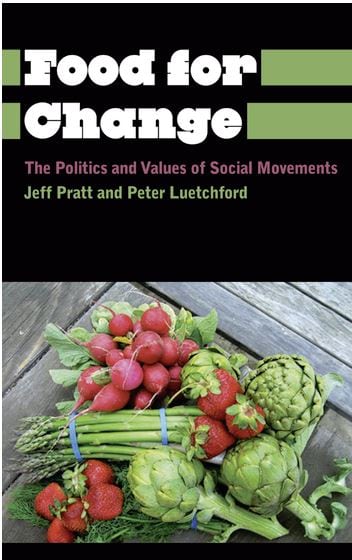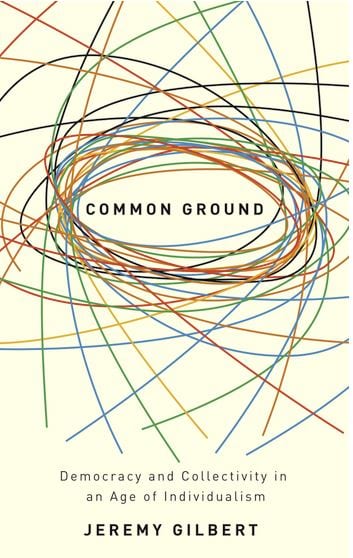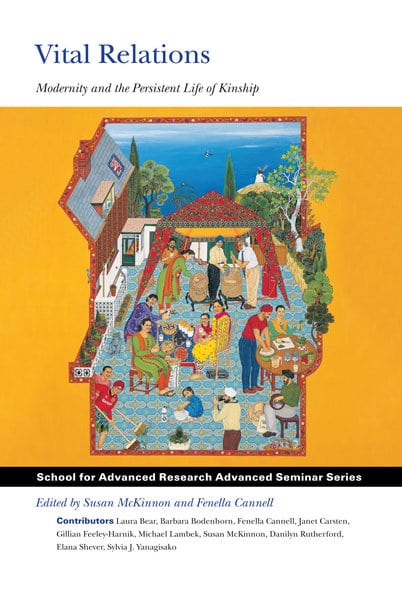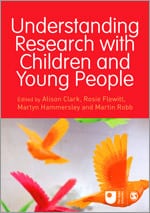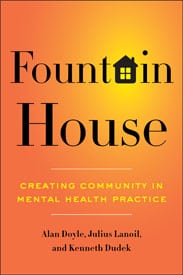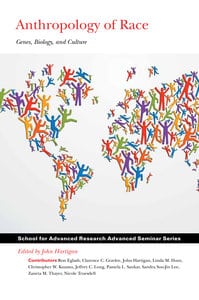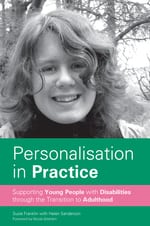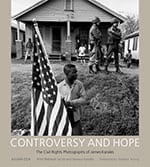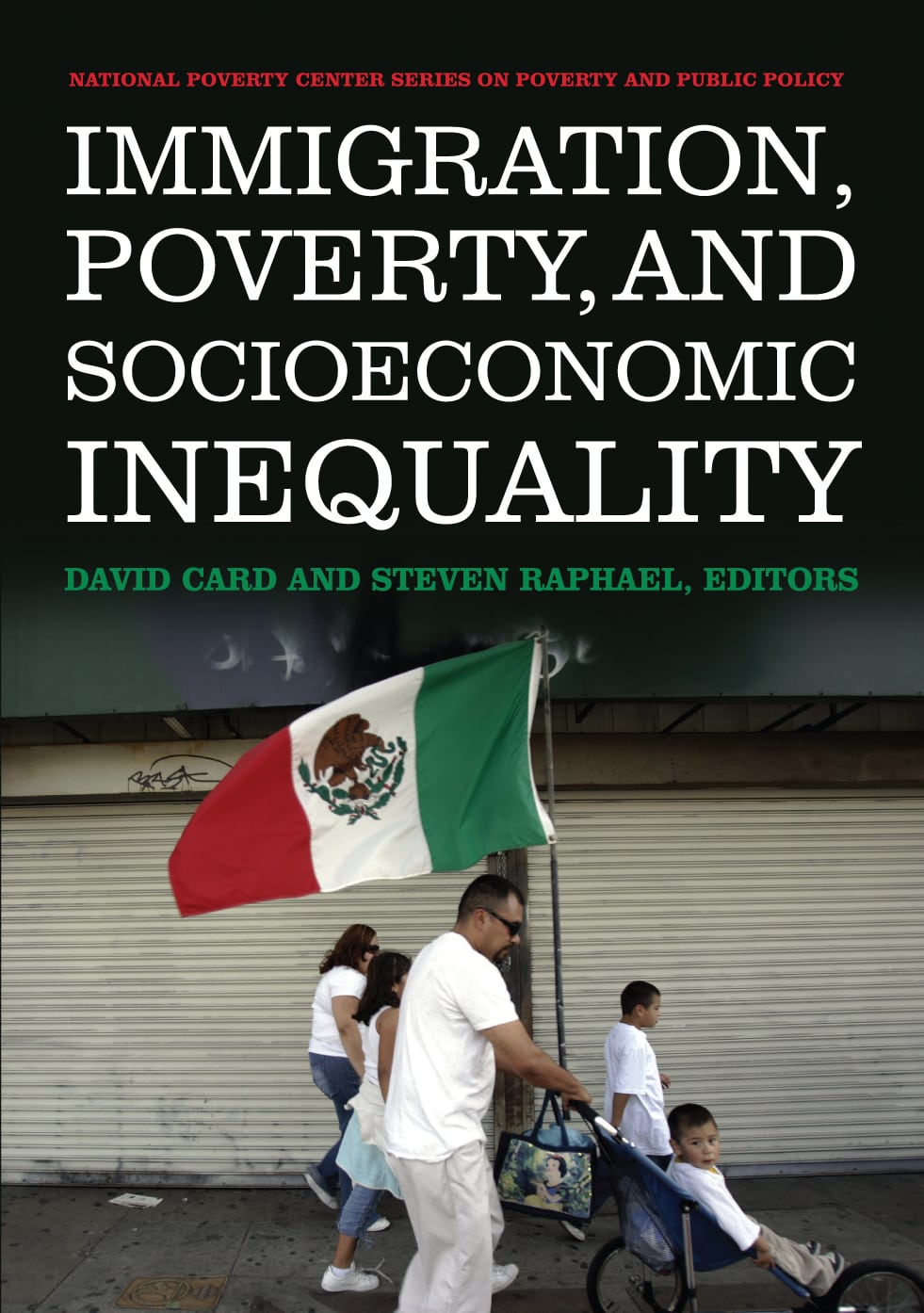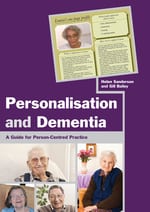In the 1930s, more than six thousand Finns emigrated from Canada and the United States to Soviet Karelia, a region in the Soviet Union where Finnish Communist émigrés were building a society to implement their ideals of a socialist Finland. Educated and skilled, North American Finns were regarded by Soviet authorities as agents of revolutionary transformation who would modernize Soviet Karelian economy and enlighten its society.
Modern Social Work Theory
In this substantially reworked and updated fourth edition of his best-selling text, Malcolm Payne presents clear and concise evaluations of the pros and cons of major theories that inform social work practice, and comparisons between them. Modern Social Work Theory is now more accessible and comprehensive than ever.
Continuing professional development in social work
What Works for Women at Work: Four Patterns Working Women Need to Know
Black Freedom, White Resistance, and Red Menace
In 1954, the Supreme Court outlawed racial segregation in public schools with the Brown v. Board of Education ruling. Soon after—while the political demise of U.S. senator Joseph R. McCarthy unfolded—northern anti-Communists looked to the South as a promising new territory in which they could expand their support base and continue their cause. In response, southern segregationists embraced the assistance rendered by these Yankee collaborators, and in the years to come, southerners utilized the “northern messiahs” in executing a massive resistance to the Supreme Court’s desegregation decrees and the civil rights movement in general.
What Is an American Muslim? Embracing Faith and Citizenship
Indigenous Women, Work, and History 1940–1980
Based on a range of sources including the records of the Departments of Indian Affairs and National Health and Welfare, interviews, and print and audio-visual media, McCallum shows how state-run education and placement programs were part of Canada’s larger vision of assimilation and extinguishment of treaty obligations.
May 4th Voices Kent State, 1970: A Play
On May 4, 1970, National Guardsmen occupying the Kent State University campus fired 67 shots in 13 seconds, leaving four students dead. This tragedy had a profound impact on Northeast Ohio and the nation and is credited as a catalyst in changing Americans’ views toward U.S. involvement in Vietnam. Supported by the Ohio Humanities Council, May 4th Voices was originally written and performed as part of a community arts project for the 40th commemoration of the events of May 4th.
Proposed Revisions to the Common Rule for the Protection of Human Subjects in the Behavioral and Social Sciences (2014)
Proposed Revisions to the Common Rule for the Protection of Human Subjects in the Behavioral and Social Sciences examines how to update human subjects protections regulations so that they effectively respond to current research contexts and methods. With a specific focus on social and behavioral sciences, this consensus report aims to address the dramatic alterations in the research landscapes that institutional review boards (IRBs) have come to inhabit during the past 40 years. The report aims to balance respect for the individual persons whose consent to participate makes research possible and respect for the social benefits that productive research communities make possible.
Evaluating Obesity Prevention Efforts: A Plan for Measuring Progress (2013)
Obesity poses one of the greatest public health challenges of the 21st century, creating serious health, economic, and social consequences for individuals and society. Despite acceleration in efforts to characterize, comprehend, and act on this problem, including implementation of preventive interventions, further understanding is needed on the progress and effectiveness of these interventions.
New Directions in the Sociology of Aging
Race, Racism and Social Work: Contemporary issues and debates
Neurodegeneration: Exploring Commonalities Across Diseases: Workshop Summary (2013)
Neurodegeneration: Exploring Commonalities Across Diseases is the summary of a workshop hosted by the Institute of Medicine’s (IOM’s) Forum on Neuroscience and Nervous System Disorders in Spring 2012 to explore commonalities across neurodegenerative diseases such as Alzheimer’s disease, Parkinson’s disease, amyotrophic lateral sclerosis (ALS), and frontotemporal dementia (FTD). Participants from academia; pharmaceutical and biotechnology industries; government agencies such as the National Institutes of Health and the U.S. Department of Veterans Affairs (VA); patient advocacy groups; and private foundations presented and identified potential
Saving the Soul of Georgia
The University of Georgia Press has released a new book, “Saving the Soul of Georgia: Donald L. Hollowell and the Struggle for Civil Rights,” by Maurice C. Daniels, Professor and Dean of the University of Georgia School of Social Work. Hollowell was Georgia’s chief civil rights attorney during the 1950s and 1960s. Best remembered for orchestrating the legal battle that resulted in the admission of Hamilton Holmes and Charlayne Hunter to UGA in 1961, he also defended African-American men accused or convicted of capital crimes in a racially oppressive legal environment.
Large Simple Trials and Knowledge Generation in a Learning Health System: Workshop Summary (2013)
Randomized clinical trials (RCTs) are often referred to as the “gold standard” of clinical research. However, in its current state, the U.S. clinical trials enterprise faces substantial challenges to the efficient and effective conduct of research. Streamlined approaches to RCTs, such as large simple trials (LSTs), may provide opportunities for progress on these challenges.
Narrating Trauma: On the Impact of Collective Suffering
How do some events get coded as traumatic and others which seem equally painful and dramatic not? Why do culpable groups often escape being categorised as perpetrators? These are just some of the important questions answered in this collection. Some of the cases analysed include Mao’s China, the Holocaust, the Katyn Massacre and the Kosovo trauma.
Adolescent Volcanoes: Helping Adolescents and their Parents to Deal with Anger
Estimating Illegal Entries at the U.S.-Mexico Border
Dance and Movement Sessions for Older People A Handbook for Activity Coordinators and Carers
How’s life? 2013 Measuring well-being
Every person aspires to a good life. But what does “a good or a better life” mean? The second edition of How’s Life? paints a comprehensive picture of well-being in OECD countries and other major economies, by looking at people’s material living conditions and quality of life across the population. In addition, the report contains in-depth studies of four key cross-cutting issues in well-being that are particularly relevant: how has well-being evolved during the global economic and financial crisis?; how big are gender differences in well-being?; how can we assess well-being in the workplace?; and how to define and measure the sustainability of well-being over time?
Preparedness, Response, and Recovery Considerations for Children and Families – Workshop Summary
Subjective Well-Being: Measuring Happiness, Suffering, and Other Dimensions of Experience
Subjective well-being refers to how people experience and evaluate their lives and specific domains and activities in their lives. This information has already proven valuable to researchers, who have produced insights about the emotional states and experiences of people belonging to different groups, engaged in different activities, at different points in the life course, and involved in different family and community structures. Research has also revealed relationships between people’s self-reported, subjectively assessed states and their behavior and decisions.
The Poverty of Capitalism: Economic Meltdown and the Struggle for What Comes Next
In The Poverty of Capitalism, John Hilary reveals the true face of transnational capital in its insatiable drive for expansion and accumulation. He exposes the myth of ‘corporate social responsibility’ (CSR), and highlights key areas of conflict over natural resources, labour rights and food sovereignty. Hilary also describes the growing popular resistance to corporate power, as well as the new social movements seeking to develop alternatives to capitalism itself. This book will be essential reading for all those concerned with global justice, human rights and equity in the world order.
Legacies of the War on Poverty
Many believe that the War on Poverty, launched by President Johnson in 1964, ended in failure. In 2010, the official poverty rate was 15 percent, almost as high as when the War on Poverty was declared. Historical and contemporary accounts often portray the War on Poverty as a costly experiment that created doubts about the ability of public policies to address complex social problems. Legacies of the War on Poverty, drawing from fifty years of empirical evidence, documents that this popular view is too negative. The volume offers a balanced assessment of the War on Poverty that highlights some remarkable policy successes and promises to shift the national conversation on poverty in America.
Essentials of Clinical Social Work
After Queer Theory: The Limits of Sexual Politics
After Queer Theory makes the provocative claim that queer theory has run its course, made obsolete by the elaboration of its own logic within capitalism. James Penney argues that far from signalling the end of anti-homophobic criticism, however, the end of queer presents the occasion to rethink the relation between sexuality and politics.
Confronting Child and Adolescent Sexual Abuse
Rethinking Occupied Ireland: Gender and Incarceration in Contemporary Irish Film
Imprisonment is a central trope of Irish nationalism, often deployed to portray the injustice of an Ireland occupied by foreign rule. Irish nationalism celebrates people jailed for resistance to British forces. While such a celebratory history resists colonialist images of Irish brutality, it also generates nationalist amnesia and nostalgia.
Food for Change: The Politics and Values of Social Movements
Concern about our food system is growing, from the costs of industrial farming to the dominant role of supermarkets and recurring scandals about the origins and content of what we eat. Food for Change documents the way alternative food movements respond to these concerns by trying to create more closed economic circuits within which people know where, how, and by whom their food is produced.
Unlikely radicals: The story of the Adams Mine dump war
For twenty-two years politicians and businessmen pushed for the Adams Mine landfill as a solution to Ontario’s garbage disposal crisis. This plan to dump millions of tonnes of waste into the fractured pits of the Adams Mine prompted five separate civil resistance campaigns by a rural region of 35,000 in Northern Ontario.
Common Ground: Democracy and Collectivity in an Age of Individualism
This book asks how forces and ideas opposed to neoliberal hegemony, and to the individualist tradition in Western thought, might serve to protect some form of communality, and how far we must accept assumptions about the nature of individuality and collectivity which are the legacy of an elitist tradition. Along the way it examines different ideas and practices of collectivity, from conservative notions of hierarchical and patriarchal communities to the politics of ‘horizontality’ and ‘the commons’ which are at the heart of radical movements today.
Vital Relations: Modernity and the Persistent Life of Kinship
Breast or Bottle? Contemporary Controversies in Infant-Feeding Policy and Practice
The first scholarly examination of the shift in breastfeeding recommendations occurring over the last half century. Through a close analysis of scientific and medical controversies and a critical examination of the ways in which medical beliefs are communicated to the public, Amy Koerber exposes layers of shifting arguments and meaning that inform contemporary infant-feeding advocacy and policy.
Team Parenting for Children in Foster Care A Model for Integrated Therapeutic Care
Understanding Research with Children and Young People
What do children understand about their worlds? Why do young people behave in certain ways? Research is the key to answering these and many other questions you may have in the course of your work or study. As an introduction to research, this book helps you understand how research is designed and carried out, as well as the particular practical and ethical issues involved in researching with children and young people.
All We Want is Everything
Andrew F. Sullivan’s exceptional debut collection of short stories, finds the misused and forgotten, the places in between, the borderlands on the edge of town where dead fields alternate with empty warehouses—places where men and women clutch tightly at whatever fragments remain. Motels are packed with human cargo, while parole is just another state of being. Christmas dinners become battlegrounds; truck cabs and bathroom stalls transform into warped confessionals; and stories are told and retold, held out by people stumbling towards one another in the dark.
Radical Chapters: Pacifist Bookseller Roy Kepler and the Paperback Revolution
Long a hub for literary bohemians, countercultural musicians, and readers interested in a good browse, Kepler’s Books and Magazines is one of the most influential independent bookstores in American history. When owner Roy Kepler opened the San Francisco Bay Area store in 1955, he led the way as a pioneer in the “paperback revolution.” He popularized the once radical idea of selling affordable books in an intellectually bracing coffeehouse atmosphere.
Bridging the Gap Between Asset/Capacity Building and Needs Assessment
Exploring the Power of Nonviolence: Peace, Politics, and Practice
Shrill Hurrahs: Women, Gender, and Racial Violence in South Carolina, 1865–1900
The great revenue robbery: How to stop the tax cut scam and save Canada
Until recently, many progressive groups, including progressive political parties, have shied away from advocating for tax fairness and tax reform, fearing that the issue is political dynamite. Right wingers have encountered little opposition to their calls for deep tax cuts, especially for the rich and for corporations. But the tide is turning.
Fountain House: Creating Community in Mental Health Practice
Since 1948, the Fountain House “working community” has worked to address the isolation and social stigmatization faced by people with mental illness. This volume describes in detail its evidence-based, cost-effective, and replicable model, which produces substantive outcomes in employment, schooling, housing, and general wellness. Through an emphasis on personal choice, professional and patient collaboration, and, most important, “the need to be needed,” Fountain House demonstrates that people with serious mental illness can not only live but also contribute and thrive in society.
Fear of a black nation: Race, sex, and security in sixties Montreal
Intimate Partner Sexual Violence: A Multidisciplinary Guide to Improving Services and Support for Survivors of Rape and Abuse
Veterans and Agent Orange: Update 2012
 The committee reviewed all relevant literature published between October 2010 and September 2011 and integrated the new findings with the previously assembled epidemiological data on each health outcome assessed with respect to exposure to the chemicals constituting the herbicides used in Vietnam, including the dioxin contaminant 2,3,7,8-TCDD. The single new conclusion was that there is limited or suggestive evidence of a scientifically meaningful association of stroke with exposure to the chemicals in question.
The committee reviewed all relevant literature published between October 2010 and September 2011 and integrated the new findings with the previously assembled epidemiological data on each health outcome assessed with respect to exposure to the chemicals constituting the herbicides used in Vietnam, including the dioxin contaminant 2,3,7,8-TCDD. The single new conclusion was that there is limited or suggestive evidence of a scientifically meaningful association of stroke with exposure to the chemicals in question.
Anthropology of Race: Genes, Biology, and Culture
Personalisation in Practice Supporting Young People with Disabilities through the Transition to Adulthood
Controversy and Hope: The Civil Rights Photographs of James Karales
Controversy and Hope commemorates the civil rights legacy of James Karales (1930–2002), a professional photojournalist who documented the 1965 Selma to Montgomery March for Voting Rights with a dedication and vision that led the New York Times to deem his work “a pictorial anthem of the civil rights movement.”
Immigration, Poverty, and Socioeconomic Inequality
The rapid rise in the proportion of foreign-born residents in the U.S. since the mid-1960s is one of the most important demographic events of the past fifty years. The increase in immigration, especially among the less-skilled and less-educated, has prompted fears that the newcomers may have depressed the wages and employment of the native-born, burdened state and local budgets, and slowed the U.S. economy as a whole.

